Shaping the Agenda of
Gavi’s New CEO
An expert series on priorities for Gavi’s future
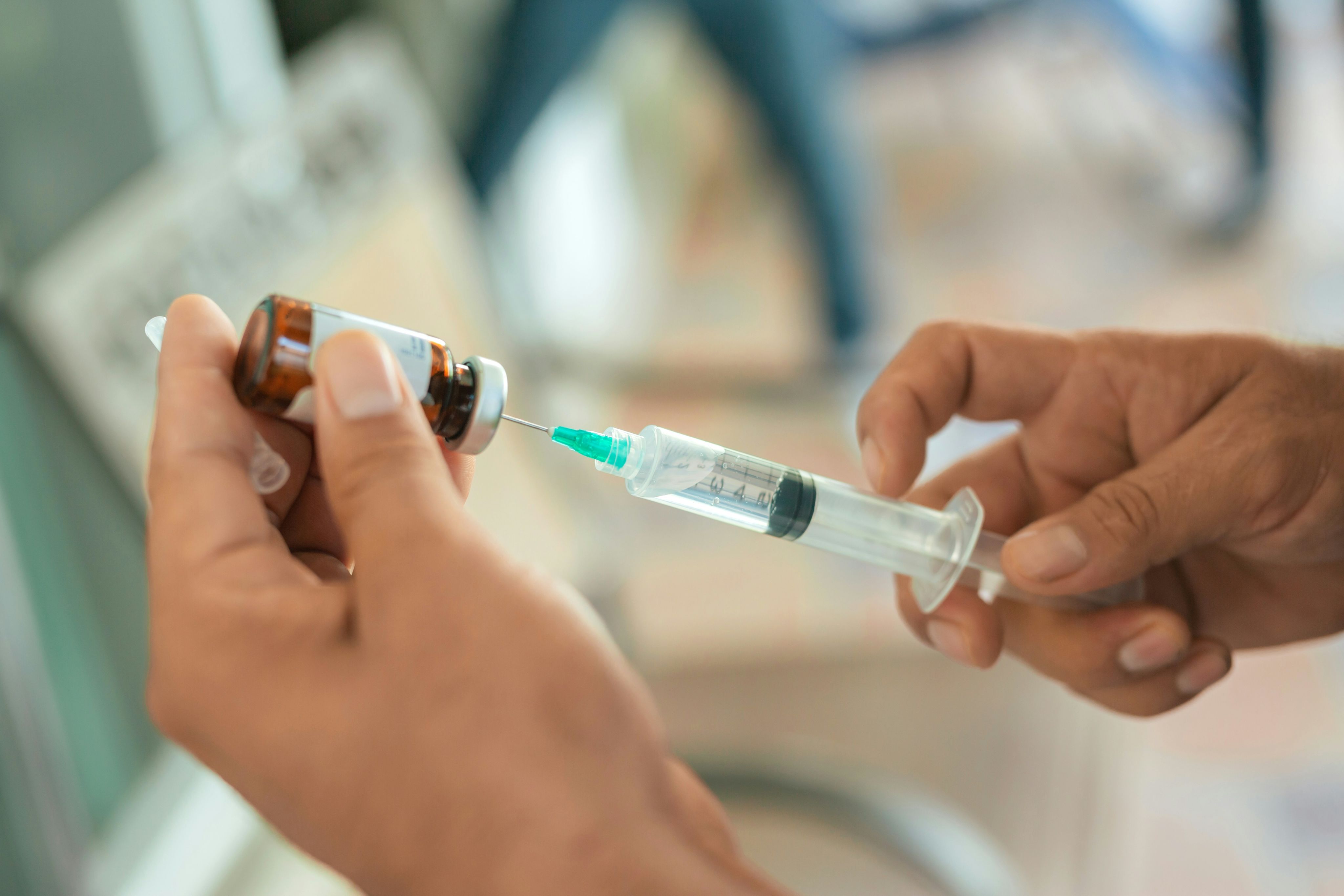
Introduction
Gavi’s new CEO, Dr. Sania Nishtar, has taken the helm at a critical time. Gavi is embarking on its new five-year strategy, known as "Gavi 6.0," and preparing to launch its next replenishment campaign.
To help shape the new CEO’s agenda, the Center for Global Development has curated a new virtual forum, inviting contributions from experts across governments, civil society organizations, global health initiatives, humanitarian organizations, industry, and academia. This virtual forum highlights six core themes raised in our interviews with these experts and the key challenges and policy priorities that they see for Dr. Nishtar’s tenure:
- Eligibility and transition
- Country-driven model
- Other global health initiatives
- New and better partnerships
- Vaccine manufacturing and procurement
- Upcoming replenishment
The full interviews are available on CGD’s website and are hyperlinked below.
CGD’s Gavi 6.0 hub
This virtual forum is part of CGD’s body of work on priorities and policy options for Gavi during its next strategic period.
Key themes from expert interviews


On evolving Gavi’s approach to eligibility and transition

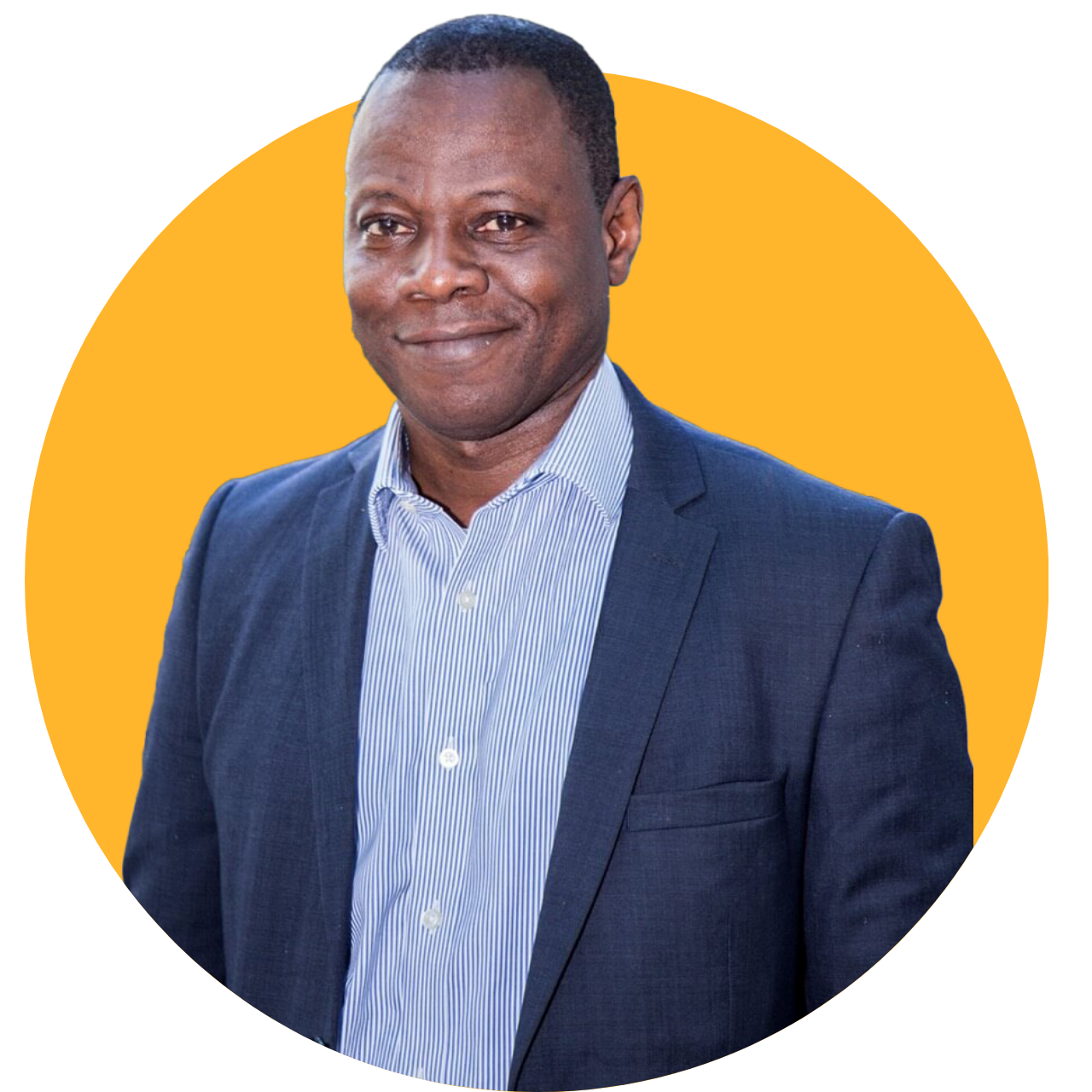
Patrick Kuma-Aboagye
"In the current post-COVID macroeconomic situation, a lot of the countries have had their resources depleted and face significant debt levels; it is becoming more difficult for countries to pay their share of immunization funding. As a result, countries are not progressing quickly through Gavi’s income-based transition model because of the economic downturn."

Sharmila Shetty
"Gavi’s current eligibility, transition, and co-financing model is not fit for purpose and is failing some countries. Although 10 countries were expected to transition from Gavi eligibility during the current strategic period (2021–2025), only three have done so to date."

Sarah Goulding
"But the way Gavi’s model, GNI only, focuses on what countries had a certain GNI at a particular point in time 20 plus years ago doesn’t reflect contemporary realities and the complexity of the world around us. So it’s absolutely essential for Gavi’s ambition to be fit-for-purpose for the world that we’re in now. And to deliver success, it absolutely has to adapt and reform the eligibility and transition model."
[Click for video player]
[Click for video player]

William Kwabena Ampofo
"In the post-COVID era of widespread socioeconomic challenges, eligibility criteria and custom-made country transition plans are critical to adequately allocate Gavi financing and support developing countries to maintain immunization coverage, address vaccine hesitancy, and improve health security through sustained access to affordable vaccines."

On prioritizing a country-driven model


Patrick Kuma-Aboagye
"There’s also the need for some inclusivity for beneficiary countries, especially in the African Union et cetera."
[Click for video player]
[Click for video player]
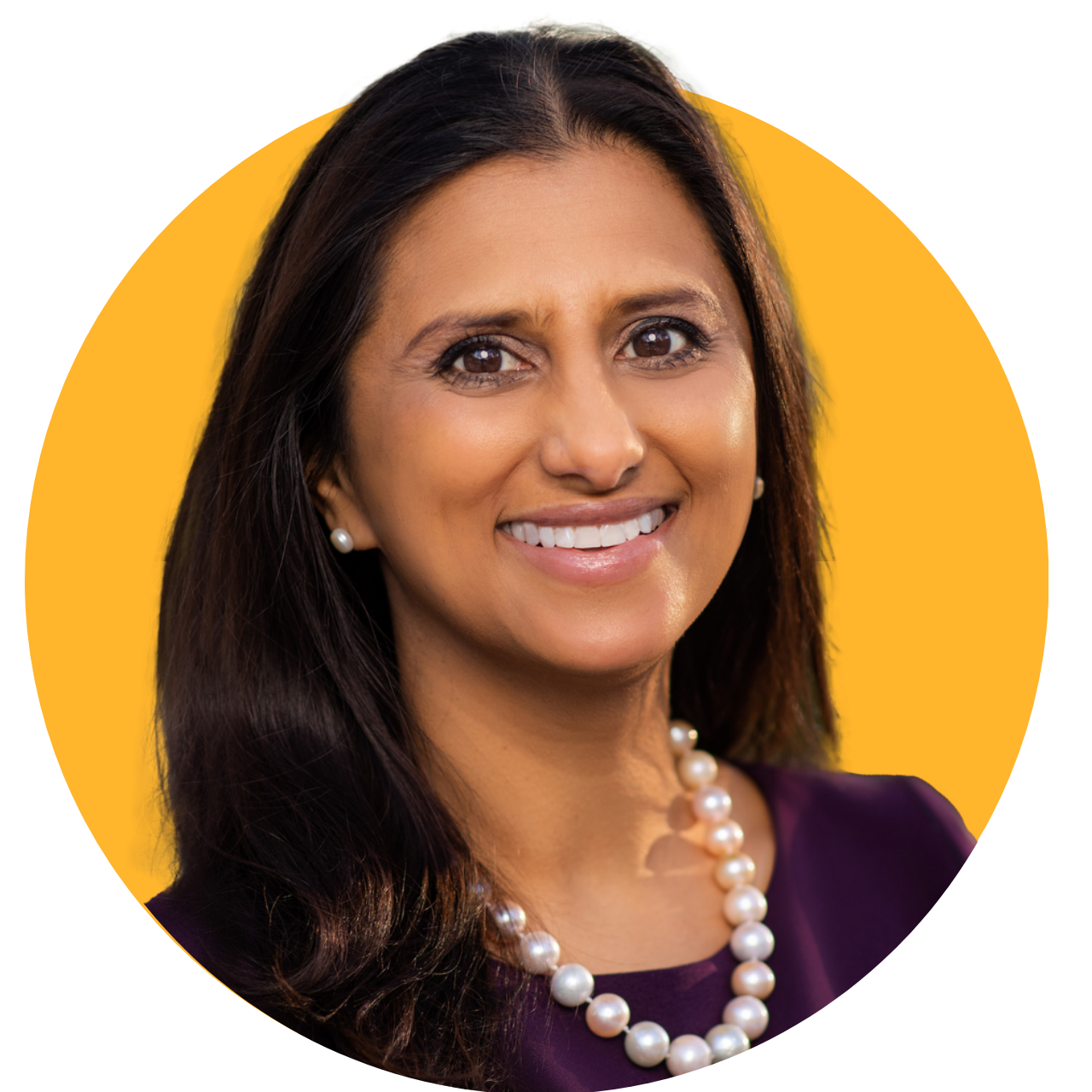
Nabeeha Kazi Hutchins
"Success will depend on how effectively Dr. Nishtar makes Gavi’s agenda one that is shared and transparent, validated by national health leaders, supported by the right policies and diverse resources, advocated for by civil society, and desired by communities."

Sharmila Shetty
"Success means having an operating model that puts Gavi-eligible countries in the driver’s seat."

Sarah Goulding
"Gavi’s new CEO should focus on reinvigorating the relationship with countries. Gavi’s model, as well as metrics to measure effectiveness and impact, should be country-driven and country-defined."

On Gavi’s role vis-à-vis other global health initiatives


Mercy Mwangangi
"I did participate as co-chair of FGHI. Most of my reflections post the process, as we handed it over to the new co-chairs, has been that this pendulum of swinging into vulnerabilities will continue to exist, particularly in view of the challenges that we are facing. And so we definitely need to sustain this resource."
[Click for video player]
[Click for video player]

Rafael Vilasanjuan
"The more that global health initiatives can demonstrate that they understand that resources are limited and that they will be working together to deliver on joined-up strategies, the more Dr. Nishtar will be able to demonstrate successful leadership."

Joanne Liu
"Many people—donors especially—are wondering whether these initiatives are at the end of their cycle, if they should merge in some way, and/or if they should be financed indefinitely. Gavi, under Dr. Nishtar’s leadership, will have to prove its added value and consider its role in the broader global health ecosystem." signs and symbols.

Patrick Kuma-Aboagye
"Dr. Nishtar should look to address some of the key areas in the Lusaka Agenda. Integrating immunization support with support for child health as well as primary health care and health systems strengthening will help safeguard immunization gains."

On establishing new and better partnerships in humanitarian settings

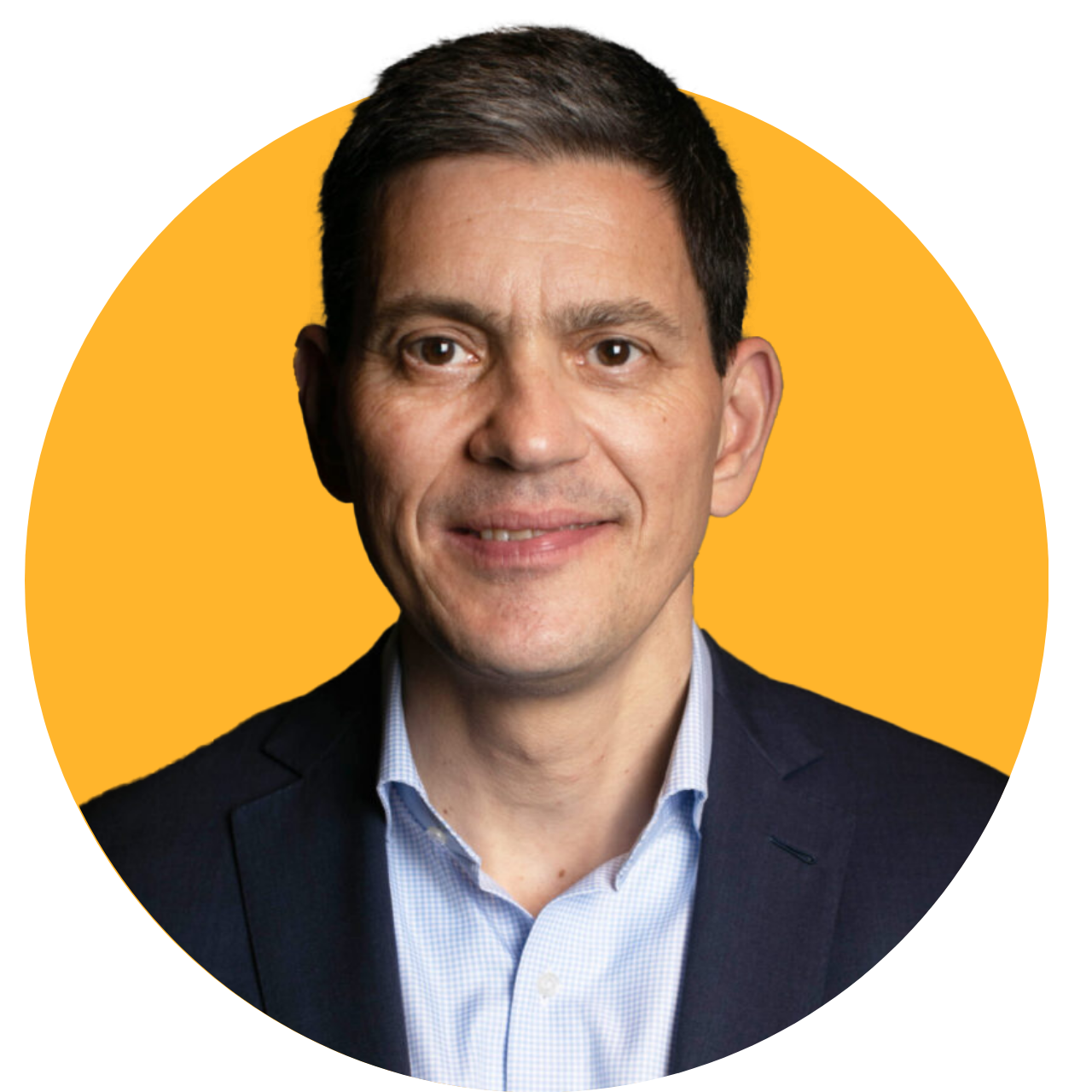
David Miliband
Fragile and conflict-affected states are disproportionately home to zero-dose kids—that’s under five kids who have never had an immunization. To missed communities. To under-immunized populations. In these fragile and conflict states, it’s imperative that we think about new models of delivery.
[Click for video player]
[Click for video player]

Nabeeha Kazi Hutchins
"A more proactive, intentional, and strategic partnership with regional and Global South civil society networks will better inform future strategies, mitigate harm from misinformation and opposition tactics, and help close the vaccine inequity gap."

Rafael Vilasanjuan
"Gavi’s model of working through governments and with Alliance partners such as UNICEF and the World Health Organization is functioning very well in many places. However, to reach the unreachable, including zero-dose children in fragile areas, it needs to implement a system for supporting local civil society organizations."

Sharmila Shetty
"Dr. Nishtar will also need to steer Gavi towards innovative strategies and new partnerships to reach the significant number of zero-dose children that live in conflict-affected or fragile settings. Gavi is set up more as a development organization, rather than a humanitarian organization, so we’d like to see Gavi ensure that its policies and practices better support the humanitarian actors that have solid track records in vaccinating children in fragile and humanitarian settings."

On strengthening vaccine manufacturing and procurement


Akhona Tshangela
"Gavi will need to play a role in supporting a diverse procurement base to prevent future bottlenecks, especially during future pandemics. The COVID-19 pandemic laid bare the shortcomings of global vaccine supply chains, which led to shortages and inequitable access across Africa."
[Click for video player]
[Click for video player]

William Kwabena Ampofo
"African manufacturers will judge the work of Dr. Nishtar in terms of progress made on efforts to establish local production on the continent—especially to address the major issues of vaccine equity and access. Success will mean that a significant proportion of the vaccines used in Africa are made on the continent within the next ten years—and over the lifespan of AVMA."
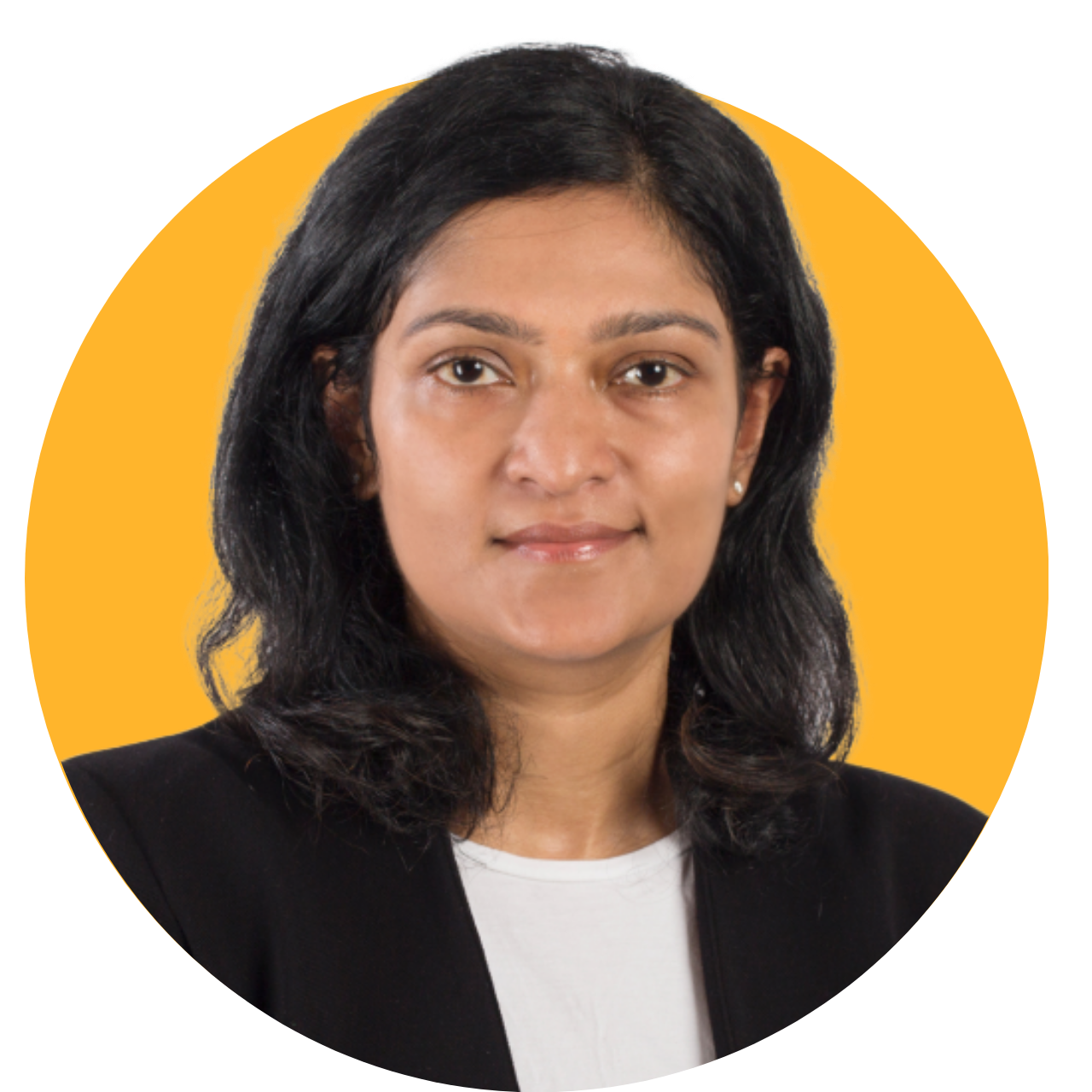
Mahima Datla
"Action is needed to balance market shaping efforts with sustainability and inclusivity. Dr. Nishtar must help Gavi close the gaps between projections for demand, actual demand, and manufacturers’ capacities and timelines to ramp up supply."

On Gavi’s upcoming replenishment


Mercy Mwangangi
"One of Dr. Nishar’s immediate tasks will be to mobilize resources for the new replenishment cycle. I, for one, will champion that we are going to need extra dollars to address the current challenges, including climate change, economic disruptions, and conflict states."

Sarah Goulding
"How can initiatives—including Gavi, the Global Fund, and Unitaid—be more than the sum of their parts and avoid the competitive dynamic introduced by the replenishment model?"

Joanne Liu
"The other priority is of course the new cycle for fundraising because that’s going to be hard. We know that half of the planet is going into election. And will immunization be part of the value they’re going to put forward? It's hard to say."
[Click for video player]
[Click for video player]
Subscribe today to receive CGD’s latest newsletters and topic updates.
